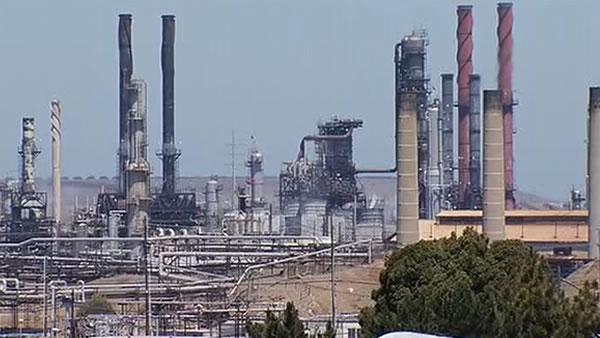 Al Gore may have found the catchphrase that finally makes the connection between fossil fuels, climate change, and our everyday lives. He closed his Huffington Post Opinion piece with it, and his CurrentTV Network is airing "24 Hours of Reality: The Dirty Weather Report".
Al Gore may have found the catchphrase that finally makes the connection between fossil fuels, climate change, and our everyday lives. He closed his Huffington Post Opinion piece with it, and his CurrentTV Network is airing "24 Hours of Reality: The Dirty Weather Report".What's in a name, or in this case, a phrase?
EVERYTHING!!
Global warming - Not very threatening. "Dude, I like summer! Warmer weather means more flip-flops and less frostbite. Bring it on!"
Climate change - More accurate in that it implies effects beyond just temperature. But as with Global warming, "change" isn't so threatening.
 But "dirty weather" trumps all of these - we can all understand it, and it makes a clear connection to exhaust and dirty fossil fuels.
But "dirty weather" trumps all of these - we can all understand it, and it makes a clear connection to exhaust and dirty fossil fuels.In politics, LANGUAGE MATTERS! Republicans, under the tutelage of Frank Luntz have mastered the turn of a phrase for a generation - "Pro-life," "Death tax," and "Patriot Act," just to name a few.
Democrats have been woefully outgunned in the arena of political language (but see George Lakoff's Little Blue Book as an example of an effort to bring Democratic political language along).
But I think that "Dirty energy makes dirty weather" could stick in people's minds and actually influence policy in a profound way. Let's hope so - we need all the help we can get!











